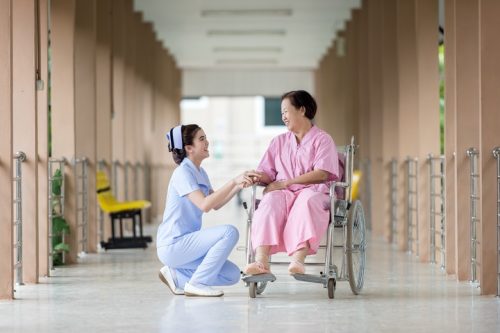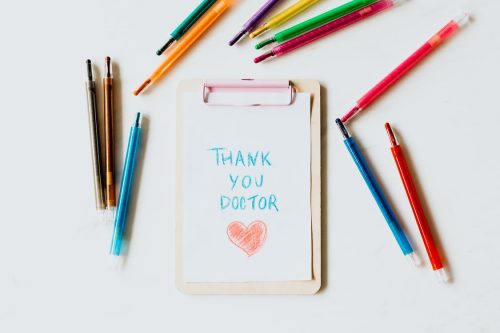With almost 8 million recorded cases of COVID-19 globally, the pandemic has shown us how vulnerable our health systems seem to be. Countries locked down their borders and subjected communities to quarantine measures.
The health threat has caused widespread fear among different populations, resulting in anxiety and stigma against those who contracted the disease.

In 1965, experts identified the first human coronavirus infection, which caused a common cold. According to scientists, there are seven types of coronaviruses that affect humans.
The SARS epidemic of 2003 affected 26 countries and resulted in more than 8,000 cases, with 774 deaths. The less contagious but deadlier MERS affected almost 2,500 people who lived in or traveled to the Middle East in 2012, recording 858 fatalities.
Contagious With Lifelong Impact
Likened to influenza, this viral respiratory disease causes fever, headache, cough, and shortness of breath. The majority of patients won’t need a hospital stay, but a study found that 42% of people hospitalized with coronavirus are in intensive care.
COVID-19 survivors should learn from those who overcame SARS or MERS, but medical experts and scientists have yet to determine the long-term impact of this 2019 pandemic.
“Their lives will never look exactly as they were before,” says Dr. Megan Hosey, Ph.D., a rehabilitation psychologist from the Johns Hopkins School of Medicine who treats patients in the intensive care unit. “Being admitted to an ICU is one of those ‘before and after’ life events, like having a child or a parent dying.”

At least 25% of global infections are from the United States, with deaths from COVID-19 surpassing 100,000 at the beginning of June. There is a flood of new guidelines preventing its spread, but what do we know about recovering from the disease?
Coronavirus survivors have set up support groups desperate for information to understand their experiences and share stories about their health. Here are some prominent lessons they’ve shared:
- Begin A Recovery Daily Routine
Stretching, listening to meditation apps, and taking health supplements every morning can boost recovery. Doctors reported that even patients that survived a mild condition of COVID-19 should expect a long rehabilitation time.
Survivors will not be able to return to past normal activities immediately, while some say it’ll relatively be harder to sustain given the medical history.
- Focus On Protecting The Immune System
The goal of getting back to normal is only possible if we listen to the body. Survivors will suffer from poor physical function, cognition, and mental health while recovering and even after COVID-19.
Seeking help from wellness counselors on healthcare products, resources, and tools is one way to tell the body we take our health seriously and not for granted.

- Connect To Virtual Communities For Support
Support groups exist for survivors, caregivers, and those who lost loved ones to COVID-19. While there are strict physical distancing protocols in many social situations, communities have gone virtual with Instagram pages and Facebook groups, specifically for collective healing.
Living Corona Positive was started by a South African blogger whose whole family contracted the disease to share their healing stories first-hand.
- Manage Post-Traumatic Stress
The journey from contracting the virus to diagnosis, treatment, and recovery is a lonely ordeal from the onset. Because there is no cure for COVID-19, the uncertainty of not knowing whether a recovering patient is free from the virus causes undue stress and anxiety.
Medical experts say that letting the body rest and get back lost sleep will contribute immensely to a survivor’s well-being.
- Write A Gratitude List
The stuff we usually think about and say aloud affects our physical, emotional, and spiritual well-being. Creating a thank-you list transforms negative to positive energy, inviting love and kindness to enter our hearts.
Survivors are at risk of having a “victim mentality,” and one way to avoid this is by expressing gratitude to other people no matter how trivial it seems.

During these tough times, we must realize that we’re not all going through the same thing. Frontline healthcare workers have an increased risk of infection. Teachers and students have to adapt to the pandemic mode of earning an education.
The majority of us worry about not having adequate protective equipment like surgical masks and sanitizers. Fortunately, we are not coping through this alone, and we have abundant resources, if only we work together.